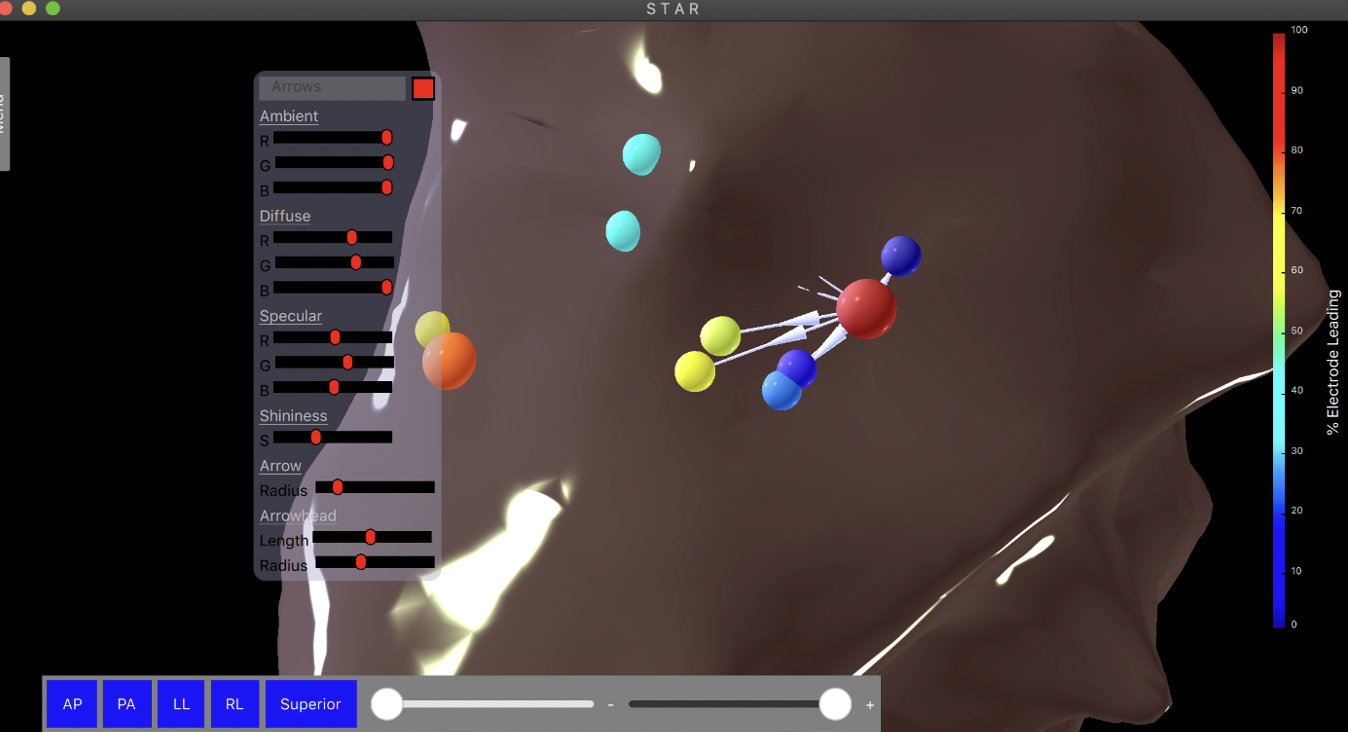RHYTHM AI cleared for large trial of atrial fibrillation mapping tool

UK-based RHYTHM AI is to go ahead with a larger clinical trial of its artificial intelligence (AI)-driven system, which could be used as a treatment for atrial fibrillation without the need for medication.
Antiarrhythmic drugs are standard therapy but they often only work for around 18 months, after which time a catheter ablation procedure is necessary to isolate the cause of the electrical abnormality that is the cause of the disease.
The ablation procedure works by using small burns to isolate the vein causing the irritation that is disrupting the electrical pathways in the heart.
RHYTHM AI’s STAR Mapping uses novel computer algorithms to identify the causes of atrial fibrillation, using 3D mapping equipment to inform the ablation procedure.
The UK’s Medicines and Healthcare products Regulatory Agency (MHRA) has given the go-ahead for the company to proceed with its ‘ROCSTAR’ clinical trial to further test the system as a potential treatment for persistent AF.
The company said that in a single centre study published in May last year, 80% of patients treated in a single procedure using STAR Mapping were free of AF without use of anti-arrhythmia drugs at an average of 18.5 months follow up.
This compares with a study showing 48% of patients from AF at 18 months follow-up without use of anti-arrhythmic drugs using standard 3D mapping technology.
RHYTHM AI will expand the research, using a multi-centre clinical trial designed to be a ‘real-world’ evaluation of the STAR Mapping System as a potential treatment for patients undergoing cardiac ablation procedure for persistent AF.
The randomised trial will recruit 177 patients in up to 15 UK centres and follow the patients to evaluate freedom from AF at 12 months follow up.
A control group of 59 patients will receive the standard pulmonary vein isolation ablation procedure, while a study group of 118 patients will receive a pulmonary vein isolation procedure by guided further ablation using STAR Mapping.
The primary goals are freedom from AF without anti-arrhythmia drugs at 12 months and response to STAR guided ablation during the procedure – either a slowing or termination of AF.
Clinical development of the system got off the ground last year when the company announced the closure of a £2.15m financing round.
This was led by an affiliate of Rinkelberg Capital Ltd, a private wealth management firm based in London, as well as investment from founders.
Developed at the city’s St Bartholomew’s Hospital, the system was developed by a team including London-based cardiologist Richard Schilling.













